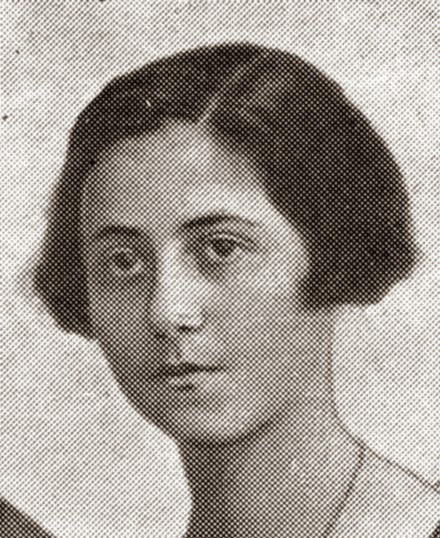Չգնամ, չանրջեմ դաշտերում.
ճերմակ եմ՝ կանաչը չըողբա...
Հեւասիրտ չշրջեմ դաշտերում,–
Դաշտերում ցոլցլանք ու ցող կա։
Չգնամ, չանրջեմ դաշտերում,
ճերմակ եմ՝ կարմիրը չըողբա...
Խեւասիրտ չշրջեմ դաշտերում,–
Դաշտերում շոգ շշուկ ու շող կա։
Չգնամ, չանրջեմ դաշտերում,
ճերմակ եմ՝ դեղինը չըողբա...
Դեւասիրտ չշրջեմ դաշտերում,–
Դաշտերում դալկություն ու դող կա։
Չգնամ, չանրջեմ դաշտերում,
ճերմակ եմ՝ ճերմակը չըողբա...
Սեւասիրտ չշրջեմ դաշտերում,–
Դաշտերում հողածին ու հող կա։
Hrachya Saroukhan:
ELEGY FOR FOUR SOUNDS, PIANO AND VIOLONCELLO
I wouldn’t like to go and dream in the field.
I’m white, I don’t want to lament the green.
With sad heart I wouldn’t like to walk in the fields -
There is glow and dew in the fields.
I wouldn’t like to go and dream in the fields,
I’m white, I don’t want to lament the red.
With a creasy heart, I wouldn’t like to walkin the fields,
There is ray and rumor in the fields.
I wouldn’t like to go and dream in the fields,
I’m white, I don’t want to lament the yellow;
With devil heart I wouldn’t like to walk in the fields,
There is shiver and pallor in the fields.
I wouldn’t like to go and dream in the fields,
I’m white I don’t want the white to lament
With a sinful heart, I wouldn’t like to walk in the fields,
There is no snow on the black soil in the fields.
Translated by Christine Kocharyan



